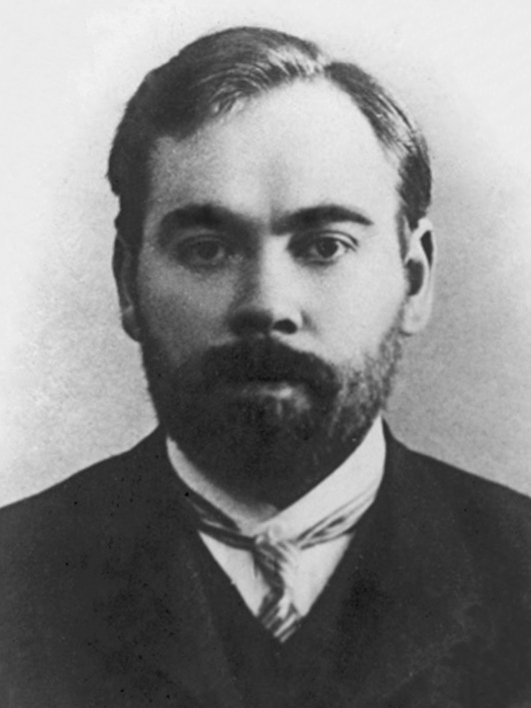Zdroj: Essays in tektology, 1980, p. 6
Alexandr Alexandrovič Bogdanov: Citáty v angličtine
Zdroj: Essays in tektology, 1980, p. 195, as cited in: Arran Gare, " Aleksandr Bogdanov and systems theory http://aaltowebstudio.cloudapp.net/tangentialpoints/wp-content/uploads/sites/3/2014/05/Arren-Gare-2000-Aleksandr-Bogdanov-and-Systems-Theory.pdf." Democracy & Nature 6.3 (2000): 341-359.
Alexander Bogdanov, Loren R. Graham, Richard Stites (1908/1984). Red Star: The First Bolshevik Utopia. p. 93
Varianta: Tektology must clarify the modes of organization that are perceived to exist in nature and human activity; then it must generalize and systematize these modes; further it must explain them, that is, propose abstract schemes of their tendencies and laws; finally, based on these schemes, determine the direction of organizational methods and their role in the universal process. This general plan is similar to the plan of any natural science; but the objective of tektology is basically different. Tektology deals with organizational experiences not of this or that specialized field, but of all these fields together. In other words, tektology embraces the subject matter of all the other sciences and of all the human experience giving rise to these sciences, but only from the aspect of method, that is, it is interested only in the modes of organization of this subject matter.
Zdroj: Essays in tektology, 1980, p. iii
Zdroj: Tektology. The Universal Organizational Science, 1922, p. 248, as cited in: George Gorelik, " Reemergence of Bogdanov's Tektology in Soviet Studies of Organization http://monoskop.org/images/0/00/Gorelik_George_1975_Reemergence_of_Bogdanovs_Tektology_in_Soviet_Studies_of_Organization.pdf." Academy of Management Journal 18.2 (1975): 345-357.
Zdroj: Essays in tektology, 1980, p. xiv
Zdroj: Essays in tektology, 1980, p. 61
Zdroj: Essays in tektology, 1980, p. 78
Alexander Bogdanov, cited in: James Patrick Scanlan, (1965). : Pre-revolutionary philosophy and theology. Philosophers in exile. Marxists and Communists. p. 398
Alexander Bogdanov, cited in: Kenneth M. Stokes. Paradigm Lost: A Cultural and Systems Theoretical Critique of Political Economy. p. 1995
Zdroj: Essays in tektology, 1980, p. 1-2.
Zdroj: Tektology. The Universal Organizational Science, 1922, p. 61; as cited in: Tektology http://systemspedia.org/entry.aspx?entry=3505 in: systemspedia.org, 2012.
